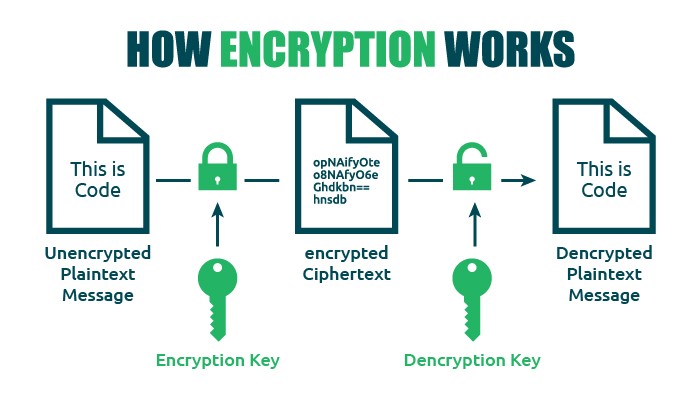In an era dominated by digital advancements, the significance of online security has never been more paramount. With the increasing prevalence of cyber threats, users worldwide are seeking robust solutions to safeguard their sensitive information and maintain their privacy.
While encryption plays a crucial role in securing data during transmission, Virtual Private Networks (VPNs) have emerged as an indispensable tool in crafting a secure internet realm.
This article explores the multifaceted role of VPNs, delving into their functionalities, benefits, and the vital role they play in enhancing online security.
Understanding the Basics of VPNs
At its core, a VPN is a technology that establishes a secure, encrypted connection over the internet. Originally designed to facilitate remote access to corporate networks, VPNs have evolved into versatile tools that provide a range of benefits to individual users, businesses, and organizations. The primary objective of a VPN is to create a private and secure network over a public infrastructure, shielding user data from potential threats.
Encryption as the First Line of Defense
While encryption is fundamental to online security, its application is not limited to VPNs alone. Many websites and services employ encryption protocols, such as HTTPS, to protect user data during transmission. However, the scope of encryption is often confined to specific interactions, leaving other aspects of online activity vulnerable. VPNs extend the protection of encryption beyond isolated transactions, encompassing an entire internet session.
Anonymity and Privacy Preservation
One of the most compelling features of VPNs is their ability to anonymize users by masking their IP addresses. When connected to a VPN server, the user’s IP address is replaced with one from the VPN provider’s network. This not only safeguards against potential tracking but also enables users to access geo-restricted content, fostering a more open and inclusive internet experience.
Securing Public Wi-Fi Connections
Public Wi-Fi networks, while convenient, are notorious for their inherent security risks. VPNs act as a shield when connecting to public Wi-Fi, encrypting the data transmitted between the user’s device and the VPN server. This precaution is particularly crucial in preventing potential eavesdropping and unauthorized access to sensitive information, such as login credentials or financial details.
Circumventing Censorship and Geo-restrictions
VPNs empower users to bypass geographical restrictions and censorship imposed by governments or organizations. By connecting to a server in a different location, users can access content that may be restricted or unavailable in their region. This not only promotes freedom of information but also fosters a more open and interconnected global internet landscape.
Business Applications of VPNs
Beyond individual users, businesses and organizations leverage VPNs to fortify their cybersecurity measures. Remote workers can securely connect to the corporate network, ensuring the confidentiality of sensitive business data. Additionally, VPNs facilitate secure communication between different branches of an organization, creating a private and encrypted channel for data exchange.
Choosing the Right VPN
Selecting an appropriate VPN is a critical aspect of crafting a secure internet realm. Factors such as encryption protocols, server locations, and the provider’s privacy policy should be thoroughly assessed. Trustworthy VPN providers prioritize user privacy, do not log user activities, and regularly update their security measures to adapt to evolving threats.
Potential Challenges and Considerations
While VPNs offer comprehensive security solutions, users should be aware of potential drawbacks. Slower internet speeds, compatibility issues with certain applications, and the need for trust in the VPN provider are factors that should be considered. Additionally, some online services may block access from known VPN IP addresses, limiting their effectiveness in certain scenarios. Along with this explore review of the cheap monthly VPN at reddit.
Conclusion
In an age where online security is non-negotiable, VPNs emerge as indispensable tools in crafting a secure internet realm. By extending the protective reach of encryption, ensuring anonymity, and overcoming geographical restrictions, VPNs empower users to navigate the digital landscape with confidence.
Businesses, too, can enhance their cybersecurity posture by incorporating VPNs into their infrastructure. While challenges exist, the benefits far outweigh the drawbacks, making VPNs an essential component of the contemporary digital experience. As the internet continues to evolve, the role of VPNs in preserving privacy and fortifying security will only become more crucial.
- Are Your Assets in Danger if Your Spouse Gets Into a Car Accident During Your Divorce? - July 23, 2024
- Breaking Down The Costs: How Much Does Crime Scene Cleanup Cost? - July 10, 2024
- Can Weed Make You Angry? - July 3, 2024









